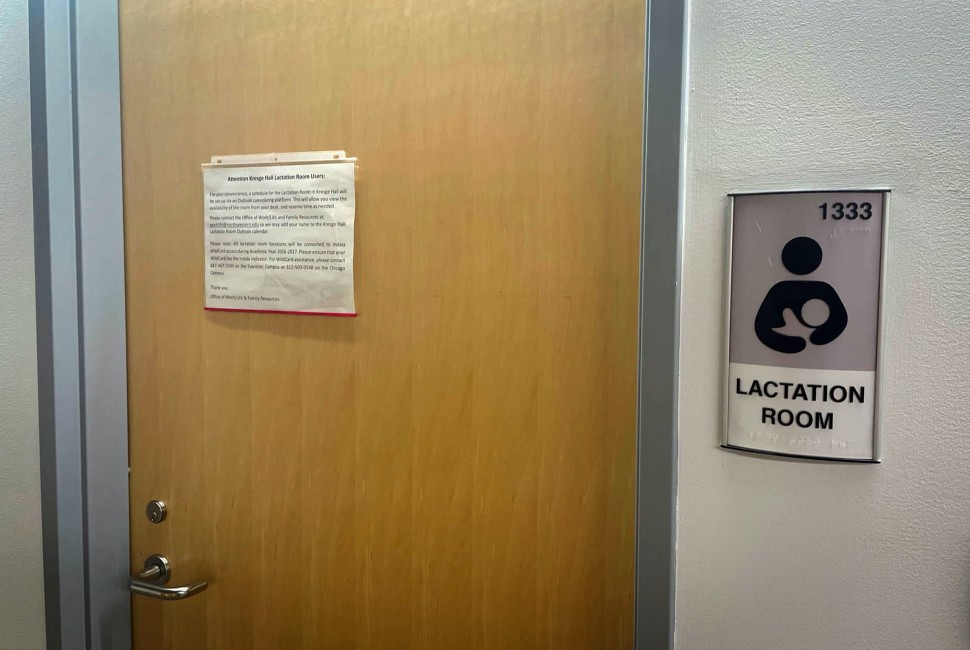Northwestern community members will have a simplified time finding all-gender bathrooms and rooms for lactation, thanks to an update to the campus maps system.
The new update allows users to apply filters to downtown and Evanston campus maps, selecting options including all-gender restrooms, lactation rooms, libraries and bike racks. The map also provides important guidance on how to access lactation rooms throughout campus buildings. In addition to easing access to existing resources, the map also serves to identify where more or better facilities are needed.
Inclusive campus maps have been historically maintained by organizations from across Northwestern, including the Multicultural Students Association (MSA) and Out Network, Northwestern’s LGBTQIA+ faculty and staff affinity group. Matthew Ahmed Abtahi, assistant director of the MSA, said most of the original map was built by user input from students and community members.
“In early 2020, I walked the entire Evanston campus east of Sheridan Road, going into every building to locate every bathroom alluded to on an Excel spreadsheet of single-stall bathrooms,” Abtahi said.
This new feature is a big step towards making our campus easier to navigate and also sends an important message about inclusivity.”
Assistant provost for diversity and inclusion
Abtahi added that folks can submit an addition to the map through a form on the map page, at which point they or a Facilities member will walk to the space to ensure it is ADA-accessible and doesn’t require special access.
Transitioning to a central platform for specific accessibility needs pertaining to maps represents a University-wide drive to create a more inclusive campus community. The Women’s Center and the Office of Institutional Diversity and Inclusion (OIDI) have implemented various trainings and supported affinity spaces that apply to LGBTQIA+ faculty, students and staff. The Women’s Center, with OIDI’s support, has hosted three Gender Inclusive Language workshops in May that discussed fundamental concepts of gender identity and language, and has more planned.
“The Women’s Center offers educational opportunities on gender expansive identities and action toward gender justice to staff, students and faculty,” said Sarah Brown, director of the Women’s Center. “We encourage folks to watch out for quarterly trans-centered programming at our centers.”
To find upcoming trainings, along with additional resources, visit OIDI’s Gender Inclusive Initiatives webpage.
“Our community has been asking for a more centralized way to access this important information,” said Michelle Manno, the assistant provost for diversity and inclusion.
“Now, instead of having to search multiple places on our website to find an all-gender bathroom or a lactation space, campus members can go to one place for everything. This new feature is a big step towards making our campus easier to navigate and also sends an important message about inclusivity.”


